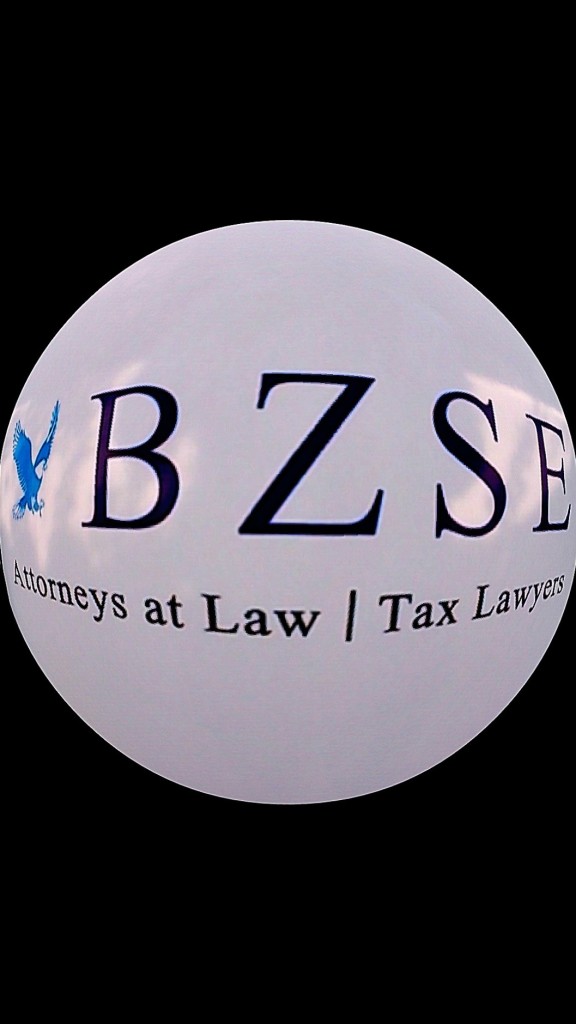DEVELOPMENTS IN DUTCH CARIBBEAN FINANCIAL LAW
New ordinances and rules to be introduced in 2021
In Curacao and St. Maarten major changes are in the pipeline when it comes to regulatory legislation. In July 2020, the Central Bank (CBCS) launched a consultation round on the draft of three national ordinances and a regulation containing generally binding rules. The first draft concerns the supervision of payment service providers. In order to increase confidence in digital payment services, the draft provides for licensing requirements, substantive rules, oversight of systems, and enforcement and supervision by the CBCS. Promoting a better and more trusted market for card payments, Internet payments and mobile payments is one of the purposes of the new regulation. Another goal is to reduce the use of banknotes and coins over time. With the entry into force of this National Ordinance, the National Ordinance on the supervision of money remitters will be repealed.
The second draft contains rules concerning the settlement and clearing systems in the monetary union of Curacao and St. Maarten (National Ordinance on the Supervision of Administrators of FMI Systems). The aim is to control the risk that payment and securities traffic would be disrupted if the settlement system in the monetary union of Curaçao and St. Maarten were to fail. The primary objective of this regulation is to provide a legal basis for an already existing practice. After all, the CBCS has for a long time set requirements for the operational reliability of institutions and systems, and specifically for the continuity of payment and securities settlement processes.
The third draft concerns rules aimed at promoting safe and efficient payment or securities transactions in order to avoid systemic risks and prevent social disruption as a result of disruptions to a system used in payment or securities transactions (National Ordinance on oversight of systems used in payment or securities transactions). This National Ordinance will be applicable to credit institutions, administrators and managers of payment systems or of FMI systems, payment institutions, stock exchanges, stockbrokers and asset managers, electronic money institutions and other service providers active in payment or securities transactions, who are established in Curaçao or St. Maarten. At its core, it is all about avoiding systemic risks. According to the explanatory notes, the oversight task of the CBCS is, in principle, aimed at all systems used in payment or securities transactions that may affect trust in the currency or financial system. These are the systems that are important for carrying out payment or securities transactions and for payments by means of a payment instrument (such as a bank card). Oversight also relates to third parties that provide critical services to a financial institution, and other systems to be determined by the CBCS that have a critical function in promoting financial stability.
The fourth draft concerns the Major Incident Reporting Regulation. This regulation containing general binding rules will be adopted on the basis of the National Ordinance on oversight of systems in payment or securities traffic. The aim is to lay down the process of reporting major operational or safety incidents. An incident is understood to mean an isolated event or a series of interconnected events not planned by the institution and which has or is likely to have an adverse effect on the integrity, availability, confidentiality, authenticity and/or continuity of a service.
In October 2020, the CBCS started a consultation on a draft of the National Ordinance on the Supervision of Virtual Assets Service Providers. This concerns the introduction of a licensing system to operate as a virtual asset service provider in or from Curacao as a corporation or a professional. The purpose of the National Ordinance is to control and reduce the risks associated with virtual assets, in particular in relation to money laundering and terrorist financing. Virtual assets are also referred to as crypto currencies; Bitcoin and Ethereum are the best-known examples of this. The draft defines virtual assets as: “a digital representation of value that can be traded or transferred digitally: 1º can be used for payment purposes; 2º can be used for investment or investment purposes; or 3º gives the holder access to an existing or future product, application or service“.
Excluded are digital displays of fiduciary currencies, securities and other financial assets regulated by another national ordinance. It is interesting to note that the (rather complex) draft provides that the CBCS may amend the definition of ‘virtual assets’ and ‘virtual assets service provider’ by general binding regulation in accordance with an amendment of these terms in FATF Recommendation 15. Furthermore, the CBCS may provide in a generally binding regulation that policymakers, co-policymakers and members of the supervisory board of a virtual asset service provider take an oath or promise (in the hands of the Chairman or another member of the Executive Board of the CBCS) before they take up their position, and repeat this every five years. The National Ordinance is likely to be introduced in 2021. A similar regulation will be introduced in St. Maarten.
Karel Frielink
(Lawyer/Attorney)
(2 November 2020)
.




